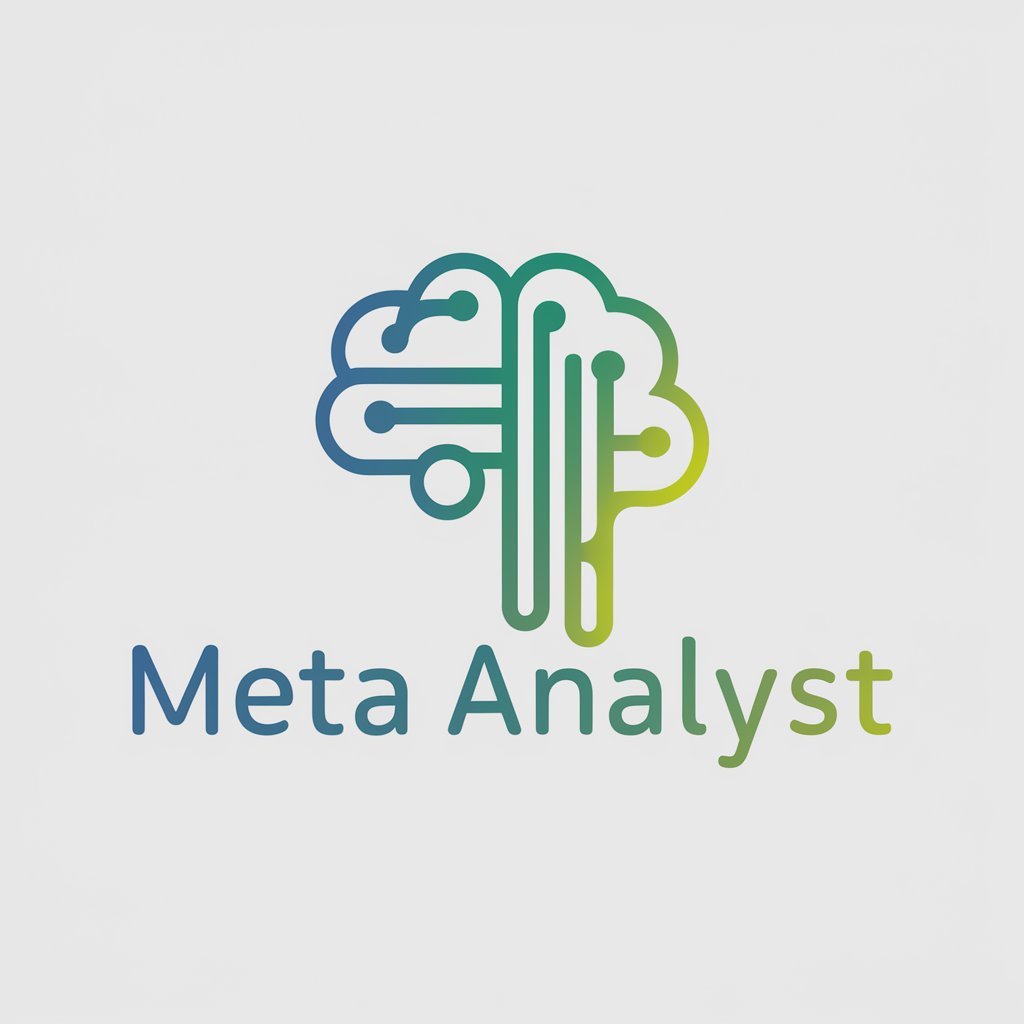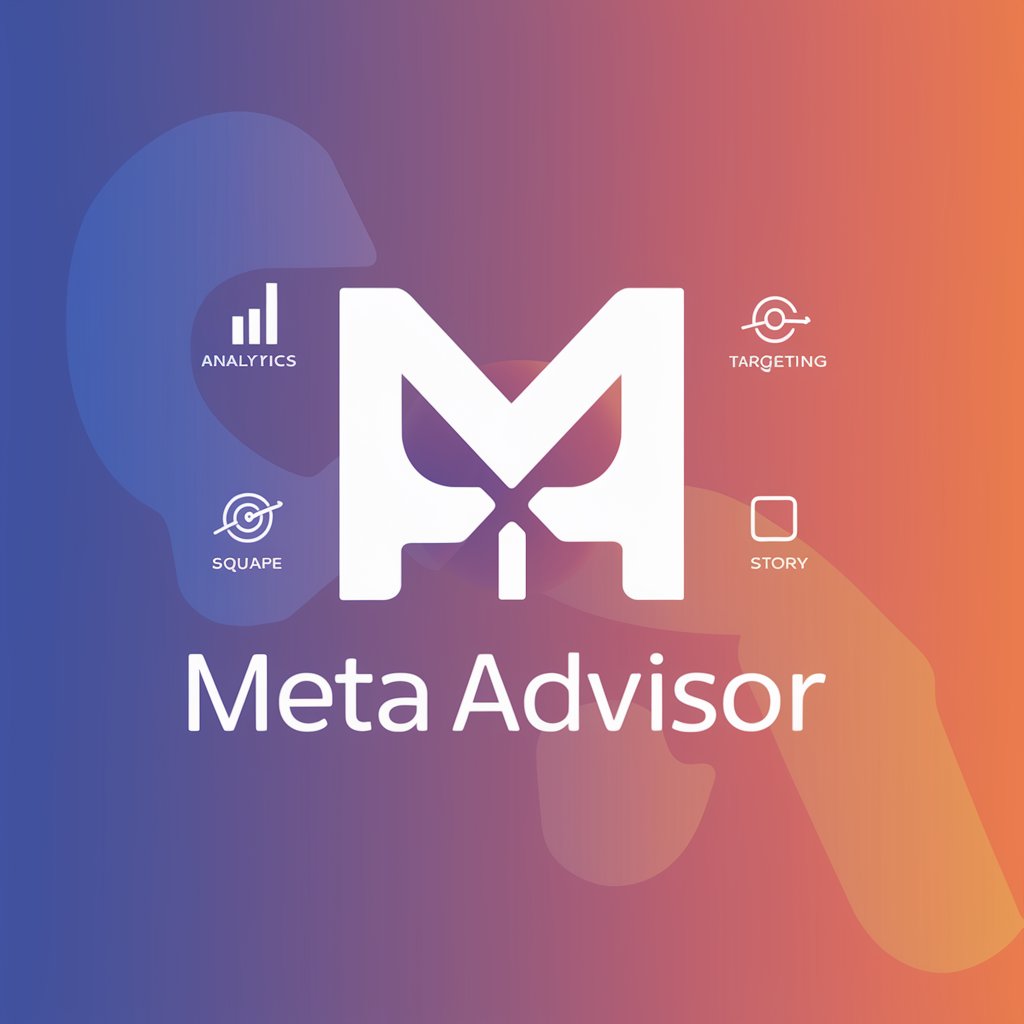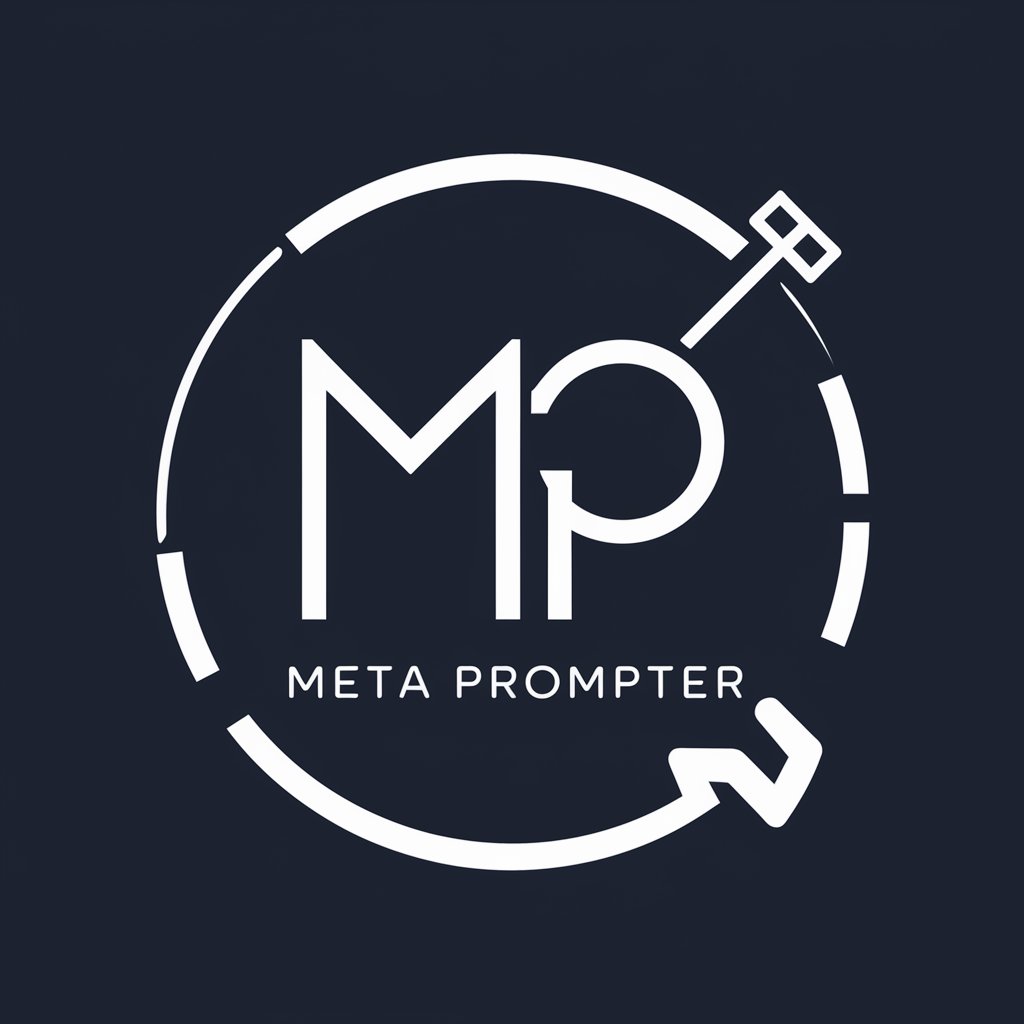Meta Analyst - Healthcare Data Analysis

Hello! I'm Meta Analyst, your expert in healthcare data meta-analysis.
AI-powered healthcare data meta-analysis
Explain the process of conducting a meta-analysis in healthcare data.
What are the best practices for analyzing healthcare datasets?
How do you ensure accuracy in healthcare data meta-analysis?
Can you guide me through the steps of performing a meta-analysis?
Get Embed Code
Overview of Meta Analyst
Meta Analyst is designed as an advanced AI tool focused on healthcare data meta-analysis, bridging the gap between complex statistical analysis and healthcare professionals seeking to understand and utilize healthcare data effectively. Its core purpose is to simplify the process of meta-analysis, a statistical technique that combines results from multiple studies to identify patterns, differences, or the effectiveness of healthcare interventions. Meta Analyst is tailored to assist users in selecting appropriate meta-analytical methods, performing analyses, and interpreting results. For instance, it can guide a user through the process of combining data from several clinical trials to determine the overall effectiveness of a new drug. The tool is built to provide clear, concise recommendations and detailed guidance, ensuring that users with varying levels of statistical expertise can benefit from its functionalities. Powered by ChatGPT-4o。

Core Functions of Meta Analyst
Method Selection Guidance
Example
Choosing between fixed-effect and random-effects models based on heterogeneity in study outcomes.
Scenario
A healthcare policy analyst is evaluating the effectiveness of a new behavioral intervention across different populations. Meta Analyst assists in selecting a random-effects model due to the variability in study settings and populations, providing a more accurate overall effect estimate.
Data Analysis Execution
Example
Performing sensitivity analysis to assess the impact of study quality on the overall meta-analysis results.
Scenario
A researcher is analyzing data on the efficacy of a new vaccine. Meta Analyst performs sensitivity analysis, excluding lower-quality studies to see how they affect the overall efficacy estimate, ensuring the conclusions drawn are robust and reliable.
Results Interpretation and Reporting
Example
Interpreting forest plots and funnel plots to evaluate study results and potential publication bias.
Scenario
A medical writer is preparing a report on the effectiveness of different hypertension medications. Meta Analyst helps interpret complex graphical outputs, like forest plots showing each study's effect size and funnel plots indicating the presence of publication bias, making the findings accessible to a broad audience.
Target User Groups for Meta Analyst
Healthcare Researchers
This group includes individuals involved in conducting and analyzing clinical trials, epidemiological studies, and other research within the healthcare domain. They benefit from Meta Analyst by obtaining a comprehensive analysis of studies, enhancing the quality and reliability of their research findings.
Policy Makers and Healthcare Administrators
These users are responsible for making informed decisions regarding public health policies, healthcare services, and resource allocation. Meta Analyst provides them with evidence-based insights, ensuring that decisions are backed by robust data analysis.
Medical Writers and Educators
Professionals tasked with disseminating medical knowledge through literature or educational material. Meta Analyst aids them in interpreting complex data and presenting it in an understandable format, facilitating better communication and understanding of healthcare interventions among the general public or students.

How to Use Meta Analyst
1
Begin your journey with Meta Analyst by navigating to yeschat.ai for a complimentary trial that requires no login or subscription to ChatGPT Plus.
2
Familiarize yourself with Meta Analyst's interface by exploring the tool's dashboard. This will help you understand how to input your healthcare data and specify your meta-analysis needs.
3
Submit your healthcare data along with specific questions or objectives you have for the meta-analysis. Ensure your data is anonymized and ethically sourced.
4
Choose the type of analysis you need. Meta Analyst offers a range of services from systematic reviews, effect size calculations, to heterogeneity assessments.
5
Review and interpret the results provided by Meta Analyst. Use the tool's resources for understanding complex statistical outcomes and consult the support team for any clarification.
Try other advanced and practical GPTs
Meta Advisor
AI-powered Facebook & Instagram Ad Advisor

LOGO大师 LOGO MASTER
Craft Your Brand's Identity with AI

Anhui
Unlocking China with AI

手绘Logo生成GPT线条风格
AI-Powered Sketch-to-Logo Transformation

徽标生成器
Craft Your Brand's Identity with AI

Clean Code
Refining code with AI-powered insights

Meta Researcher
Unravel the Metaverse with AI

Meta Master
Elevate Your SEO with AI-Powered Insights

Meta Prompter
Refine Your Prompts with AI Precision

Meta Coder
AI-Powered MQL5 Coding Assistant

Mathematical Singularity
Unravel Mathematics with AI

Course Up
Empowering learning with AI customization.

Frequently Asked Questions about Meta Analyst
What is Meta Analyst best used for?
Meta Analyst is ideally suited for conducting comprehensive meta-analyses on healthcare data. It can systematically review, aggregate, and analyze data from multiple studies to provide clear insights into medical research topics.
Can Meta Analyst handle data from different study designs?
Yes, Meta Analyst is designed to accommodate various study designs, including randomized controlled trials, observational studies, and case studies, ensuring a versatile and comprehensive meta-analytical approach.
How does Meta Analyst ensure the confidentiality of my data?
Meta Analyst prioritizes data security by employing encryption and anonymization techniques to protect your data throughout the analysis process, ensuring that your information remains confidential and secure.
Does Meta Analyst provide guidance on interpreting the results?
Absolutely, Meta Analyst not only generates results but also offers detailed explanations and guidance on interpreting statistical outcomes, helping users understand the implications of their meta-analysis.
What makes Meta Analyst different from other meta-analysis tools?
Meta Analyst stands out for its AI-powered capabilities, offering more sophisticated analyses and interpretations of complex healthcare data. Its user-friendly interface and support system also make it accessible to both novices and experts in meta-analysis.
